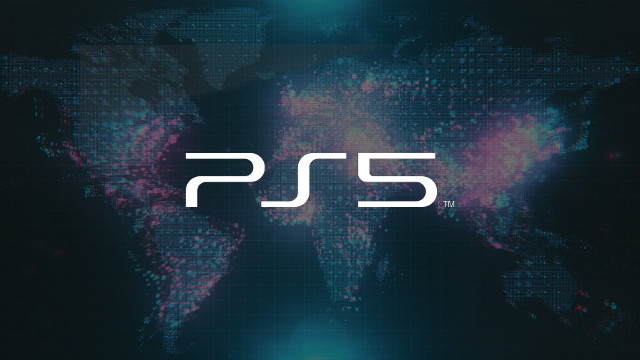The PS5 hardware specs have finally been revealed. When it’s compared to the Xbox Series X, it’s already not looking good — Microsoft’s upcoming console beats Sony’s by many measurable metrics. The question is this: will it really matter to game developers?
PS5 Hardware Specs vs. Xbox Series X Hardware Specs
Pokemon Home Feature Comparison
| Feature | Basic Plan | Premium Plan |
|---|---|---|
| Moving Pokemon from Pokemon Bank | Unavailable | Available |
| Number of Pokemon that can be deposited | 30 Pokemon | 6,000 Pokemon |
| Number of Pokemon that can be placed in the Wonder Box at once | 3 Pokemon | 10 Pokemon |
| Number of Pokemon that can be placed in the GTS at once | 1 Pokemon | 3 Pokemon |
| Room Trade | Participate | Participate and Host |
| Judge function | Unavailable | Available |
Eurogamer recorded the











